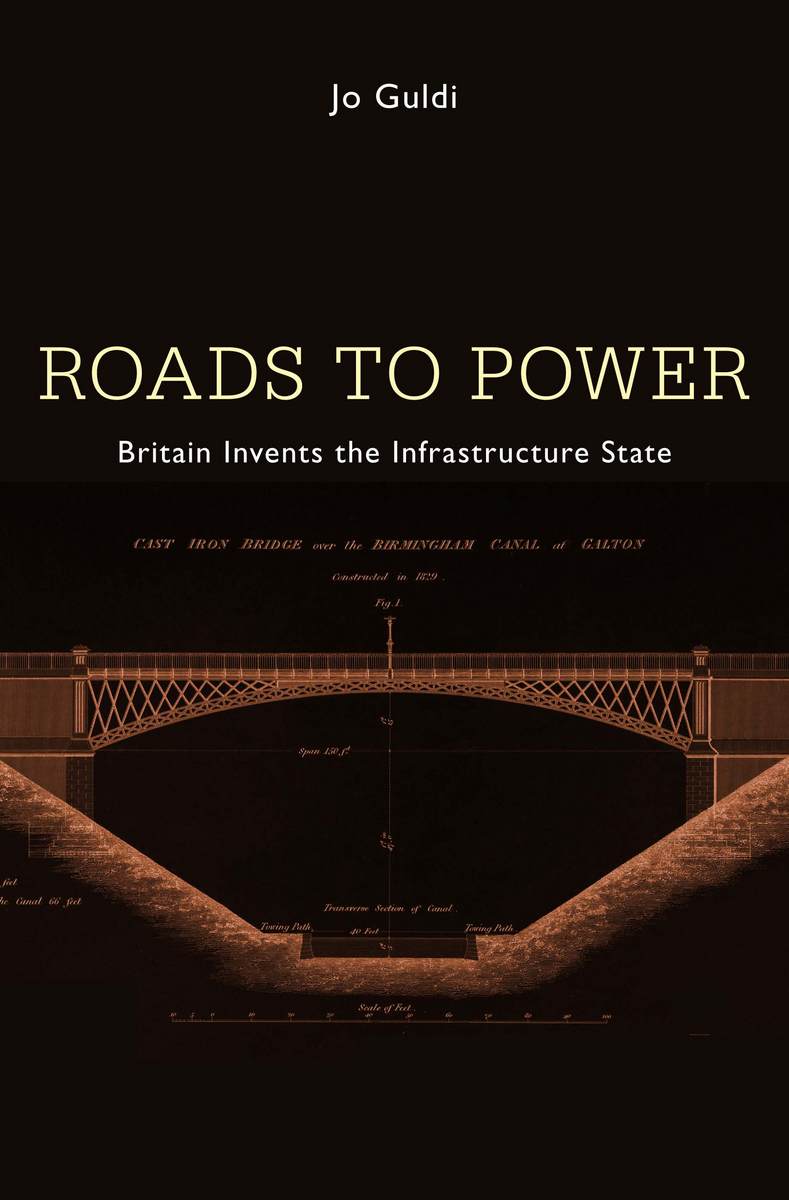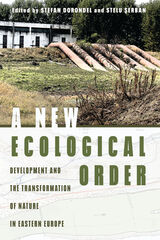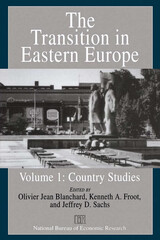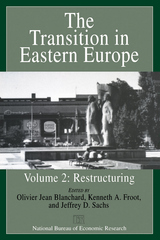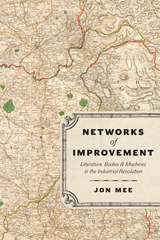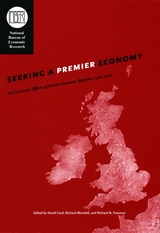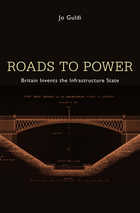In its masterful integration of technological and political history, this book provides an original, lucid, and exceptionally well-written study of an important episode in the modern co-evolution of transportation infrastructure and government power.
-- Rosalind Williams, Massachusetts Institute of Technology
Guldi describes how the construction of Britain's road network signaled the emergence of a new infrastructure state, bringing conflict in its wake even as it helped to unify the nation and to reconfigure relationships between strangers. Moving elegantly between political, social and cultural history, she places mobility and communications at the heart of historical understanding of how Britain's modernity was made. Beautifully researched and conceived, Roads to Power represents a formidable intellectual achievement.
-- Simon Gunn, University of Leicester
If anyone doubts the power of infrastructure investment to change the course of a nation, they have only to read Roads to Power. Required for those who aim to shape the 21st century.
-- Tim O'Reilly, Founder and CEO, O'Reilly Media Inc.
As cogent as any turnpike map, engineered as efficiently as any long-distance military conduit, Roads to Power traces the history of the bitter battles over infrastructure that are still with us today.
-- John Stilgoe, Harvard University
Guldi's vivid and vital book shows how the revolution in British roads changed everything: state power, local politics, religion, manners, and imagination. Alert to detail, pattern, and surprise, she gives us progress and collapse, new openness and new barriers, promise and threat, in a single concise story. There is a lot to learn here and much to enjoy.
-- Jedediah Purdy, Duke University
We know roads -- we've known for at least a century and a half how they built a nation by unifying a people. Or do we? In Roads to Power, Guldi displays the power of a broad-gauged revolt against centralization, unification, and expert rule. This original, beautifully researched book shows how towns and poorer travelers wanted their local affiliations to stand. Guldi persuasively argues that the story of road-building is one of conflict, not simply a linear march toward the rule of the center over the periphery. It is a terrific piece of history.
-- Peter Galison, Harvard University
Social networks have history. In order to understand what's unfolding in a digital age, it's crucial to step back and think about prior technological turns. Roads to Power offers a brilliant glimpse into the history of social networks in an information revolution -- how women, working people, and utopians used the infrastructure at their disposal to imagine alternatives to the reality in which they live. An absolute must read for historians and digerati alike.
-- Danah Boyd, New York University
In modern society, roads are often taken for granted. Guldi examines the history of Britain's road-building enterprises in the 18th and 19th centuries...Guldi points out many ways that this uniting technology greatly divided Britain. This period also provides an interesting case study in the history of technology as civil engineering emerges as its own discipline. Guldi also shows that, from its infancy, engineering has been about more than just developing new technologies and applying them to solve problems--it has required a certain level of salesmanship...Recommended for all interested in city planning and the history of civil engineering.
-- William Baer Library Journal
The story of British roads is more interesting than you might expect, and Jo Guldi tells it well in Roads to Power: Britain Invents the Infrastructure State.
-- Daniel Hannan Wall Street Journal
In this interesting and readable book, Jo Guldi explores the origins and rise of the 'infrastructure state' through an historical analysis of centralized road planning, investment and regulation in Britain...Transport historians, especially those writing from recent mobility perspectives, will welcome the focus on social and cultural dimensions of travel, aspects of transport history that have long been neglected. More than this, historiographically, the book sets a challenging agenda for interpreting this key transitional period in British history; Guldi's account restores the state to the center of the story...This is a skillfully written and provocative book. Its greatest strengths lie in its in-depth coverage of two previously underexplored areas of state-led road expansion, including a meticulous analysis of new construction technologies, and in its exploration of the (sometimes unexpected) impact that new infrastructure could have on the users of roads and the communities served by them. Its wider arguments, if accepted, will prompt a significant re-conceptualization of 18th- and 19th-century British political and economic history.
-- Pete Maw Reviews in History
